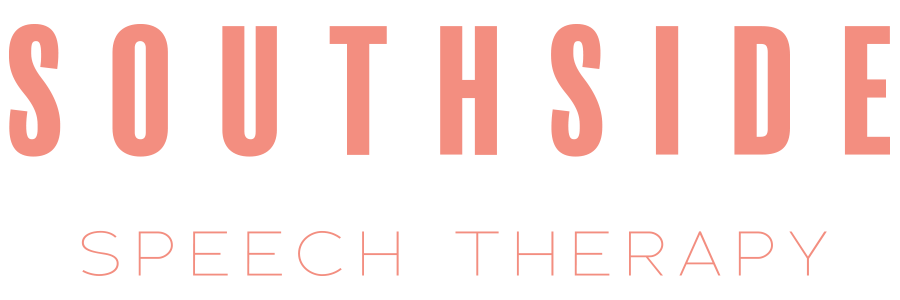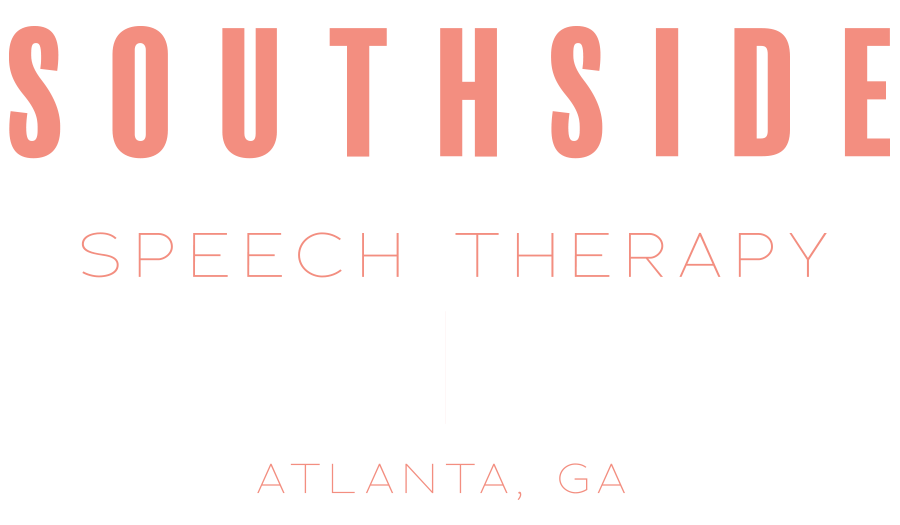How to Know When It’s Time to Start Speech Therapy: Signs Parents Shouldn’t Ignore
🗣️ Common Speech and Language Red Flags Parents Shouldn’t Ignore
Every child develops at their own pace, but certain signs may signal it’s time to seek a professional speech-language evaluation. Below are common developmental ranges and what to watch for — backed by ASHA and major pediatric resources.
Age Range: 12–18 months
What to Expect: Babbling, first words, pointing, and simple gestures.
Red Flags:
Little to no babbling or gestures
Few meaningful sounds or single words
Limited ability to imitate sounds
📚 Source: Johns Hopkins Medicine | KidsHealth
Age Range: 18–24 months
What to Expect: Combining two-word phrases and following simple commands.
Red Flags:
Still using gestures instead of words
Limited vocabulary
Difficulty understanding or following simple directions
📚 Source: Boys Town Hospital | KidsHealth
Age Range: 2–3 years
What to Expect: Clearer speech using a variety of consonants (/p, b, m, n, t, d/), longer sentences, and more complex play.
Red Flags:
Speech that’s difficult to understand
Short, incomplete phrases
Missing many words or sounds
📚 Source: Focus Therapy | Cleveland Clinic | Wooster Community Hospital
Age Range: 3–5 years
What to Expect: Most speech should be understandable by others, with age-appropriate grammar and vocabulary.
Red Flags:
Strangers often can’t understand what your child says
Grammar and vocabulary lag far behind peers
Difficulty expressing thoughts clearly
📚 Source: Cleveland Clinic | ASHA
Red Flags That Span All Ages
Stuttering or repeating sounds, especially when it affects confidence or communication
Refusing to talk in certain settings (possible selective mutism)
Difficulty understanding what others say or following directions
Persistent frustration when trying to speak or be understood
Frequent ear infections or hearing issues (since hearing impacts speech clarity)
📚 Sources: ASHA, Boys Town Hospital, Sensory Solutions Therapy, Triumph Therapeutics
🌟 Why Early Intervention Matters
Children make faster progress when therapy begins early — while their brains are still rapidly developing. Early intervention helps prevent frustration, boosts confidence, and lays the foundation for stronger academic and social success later on.
If you’re unsure whether your child might benefit from speech therapy, you can book a free consultation with Southside Speech Therapy to discuss your concerns and next steps.

